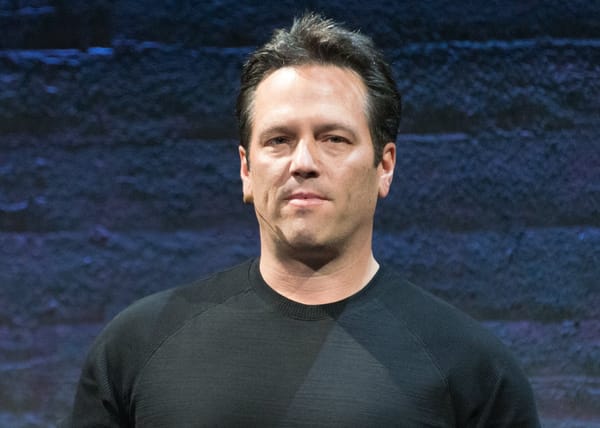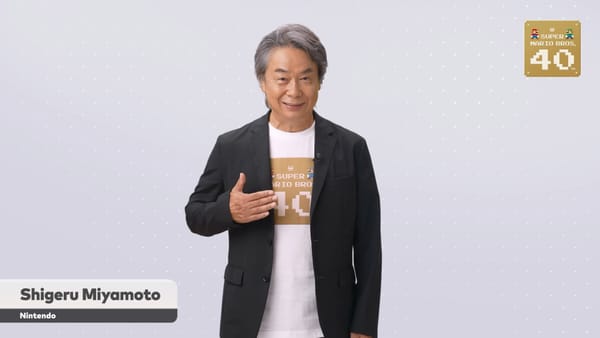Unscratched itches
What happens when a sequel drops a beloved element of the original?
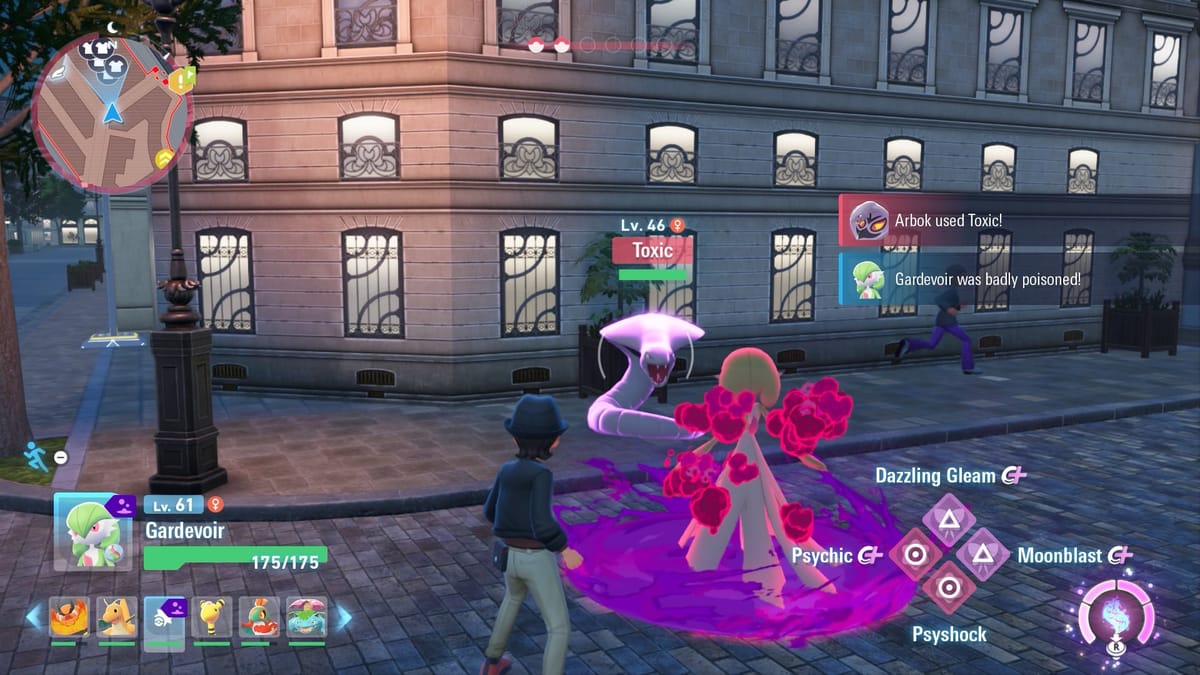
For a series with the tagline “Gotta Catch ‘Em All,” it’s a little odd that it took decades for a Pokémon game to actually focus on the art of catching Pokémon.
In the main series of Pokémon games, you battle a Pokémon to weaken it before throwing a ball to try to catch it. But there’s no action or skill involved in that; you just pick the option from a menu. There’s no way to throw the ball better or worse, it just happens automatically.
That changed in 2021 with the release of Pokémon Legends: Arceus, which was all about the art of the catch. This time, how and when you threw the ball actually mattered. You could stealthily approach Pokémon from behind to surprise them. You could distract them or lure them into different spots. You could give them a berry to let their guard down, or smack ‘em with a mud ball to stun them. There were so many options that it created opportunities for skillful play. I loved hiding in the grass, seeing a powerful Pokémon and puzzling out the best way to handle the situation.
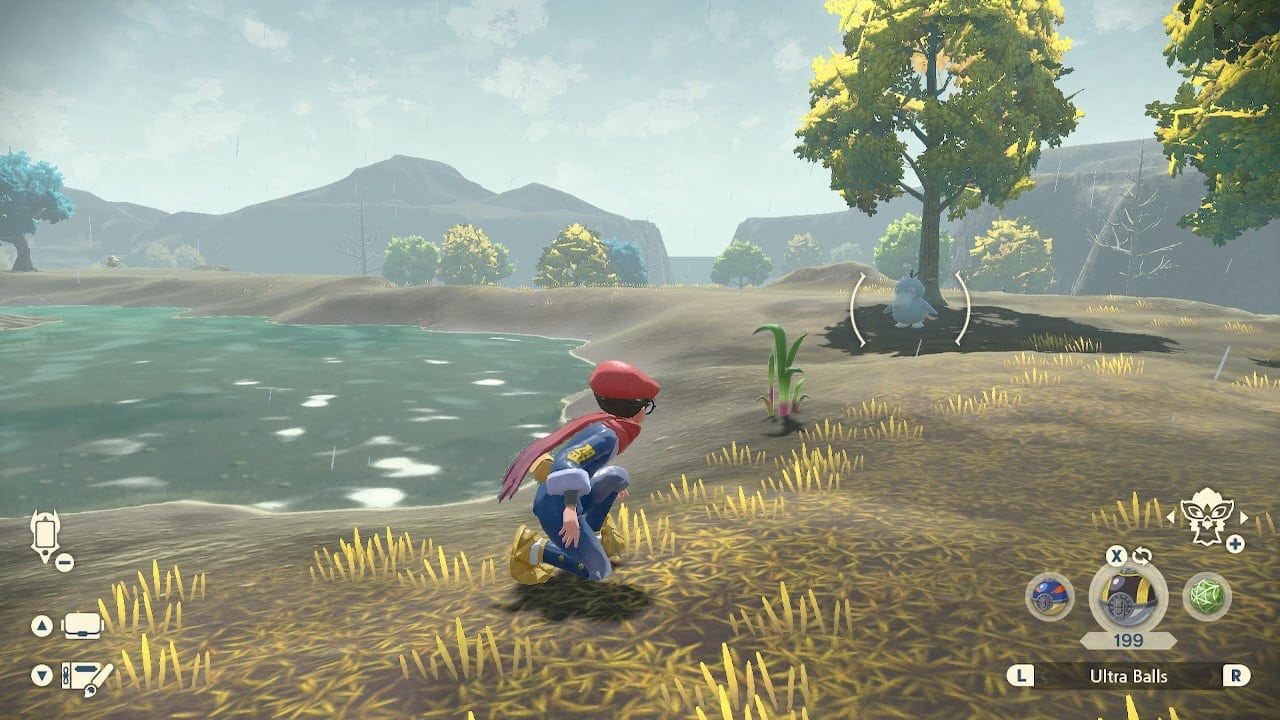
That experience meant that the game I was looking forward to most this year was the sequel. But Pokémon Legends: Z-A has a different focus. Where Arceus was built around catching Pokémon, Z-A is a game about battling, an element that was undercooked in Arceus. And so in turn, with the spotlight on battling, Z-A makes catching much simpler. You can't distract them. There are no berries or mud balls to throw. It feels less like the skill-based gameplay of Arceus and more procedural, even basic. But it’s not interested in fleshing that out because it’s just not what the game is about.
The sequel to a game I loved dropped the very thing that I loved most about the original.
Sequels can be tricky. If we love something, we want more of the same… but when you get exactly the same thing again, you’re often left dissatisfied. Repetition can turn a formula that was once fresh and welcome into something that feels stale. Sony’s Spider-Man 2 immediately springs to mind here as an example of game design that worked well in previous games but overstayed its welcome in the sequel.
And so the drive to take a sequel in a different direction is a good one. We should celebrate when developers choose to innovate and explore a new angle. But what happens when a thing that you loved doesn’t come back? What happens when you can’t scratch that itch?
Super Mario World’s overworld map is, to be blunt, phenomenal. That’s the screen where you move Mario between stages to choose what to play next. But it’s not just a map or a functional way to pick your next level, it’s an adventure in itself. It changes shape as you unlock new areas and hints at which levels hold secrets.
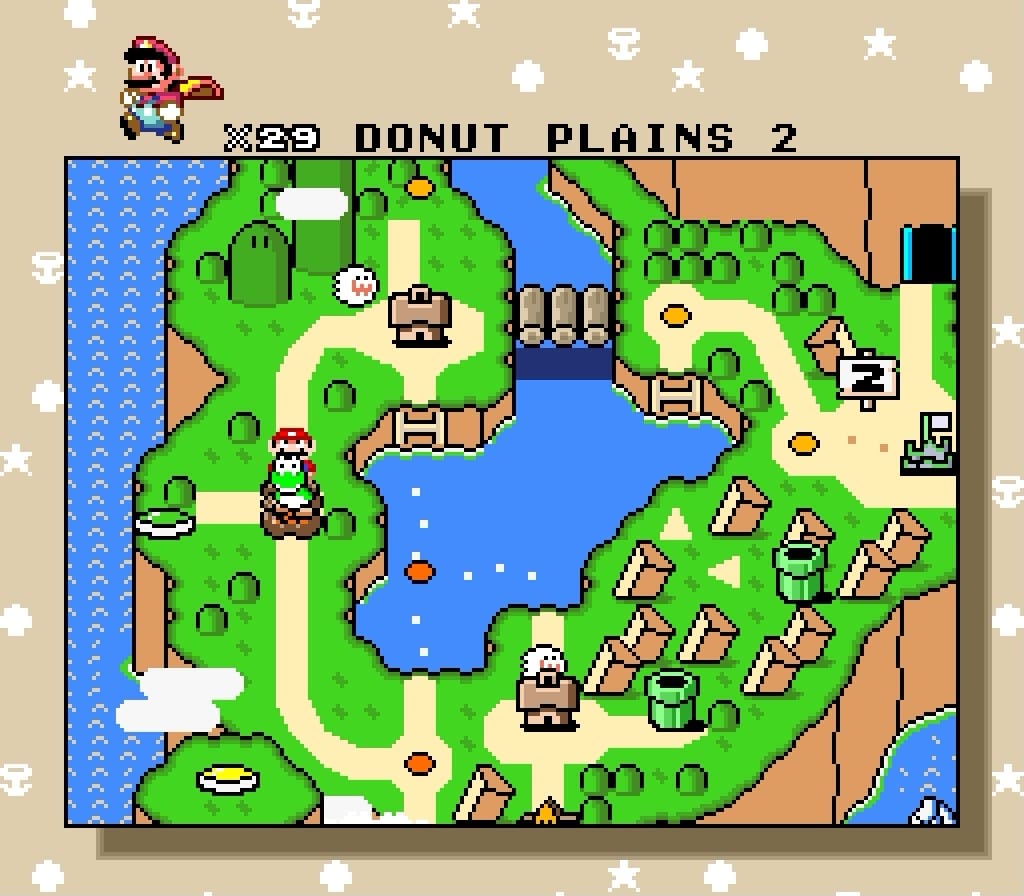
It feels bizarre to me that, thirty years on, no Mario game has replicated that. It’s such a distinctive mechanic that other games could benefit from. But I’m stuck replaying Super Mario World to chase that high.
I’ve written before about the charms of The Legend of Zelda: Majora’s Mask, which put a new spin on the long-running series. In Majora’s Mask, the moon will crash into the land in three days, so you have to rewind time to relive those 72 hours over and over again to try to save the world. Replaying those days allows you to get closer to the characters and witness how they come to terms with the impending tragedy. It also allows you meddle with time and see the consequences of your actions, which is always the best part of time travel stories.
It’s a special game with a wholly unique structure. It feels ripe to be re-used, to be applied to a new story and setting, perhaps going deeper and with more complex scenarios thanks to the power of modern consoles. And yet, 25 years on, the Zelda series hasn't tried anything like it again.
It does make me wonder, though, whether pining for a new Majora’s Mask-style Zelda game is what I really want. Are the mechanics that made the game special, or the fact that those mechanics were fresh and unique? Doesn’t the fact that this game is so wildly different to the others contribute to how unsettling it is? And will the impact of such a singular game be lessened if there are others just like it?
This is arguably the dilemma Nintendo later faced in the same series when making a sequel to The Legend of Zelda: Breath of the Wild. That game was all about exploration, about being dropped into an impossibly vast landscape full of secrets. Much of the moment-to-moment joy in Breath of the Wild comes from finding out what’s on the other side of that hill. But how does that work with a sequel set in the same land? Where does that joy come from where you already know what’s over the hill?
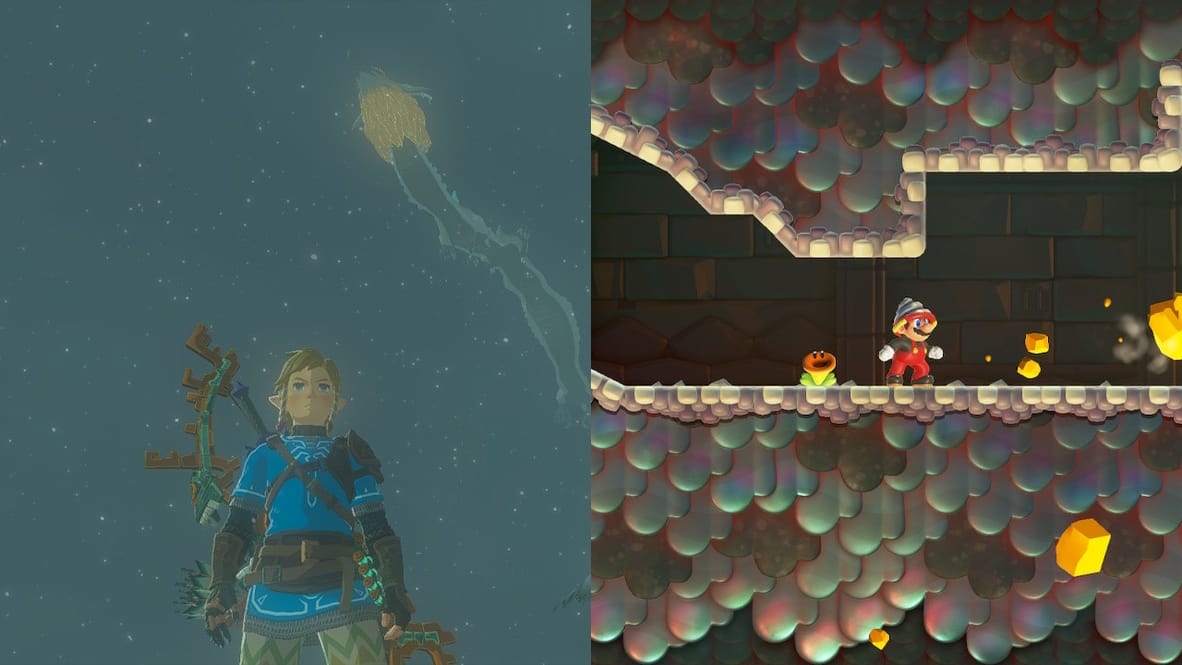
The solution there was to re-contextualize the land. Tears of the Kingdom added a building mechanic that allowed you to construct a variety of vehicles. The central question driving the player in Breath of the Wild was “what’s over there?” In Tears of the Kingdom, it becomes “how will I get there?” You already know what’s there. You’re just not sure what you'll build to get you there.
One of the most startling examples of a sequel making a sharp turn from the original remains Mass Effect 2. The original Mass Effect is a clear product of a developer that cut its teeth with computer RPGs. There’s a massive array of stats, weapons and armor, all of which you can use to heavily customize your player to suit a certain style of play. It may be a shooting game, but your success relied just as much on how you’ve outfitted your character than your aim.
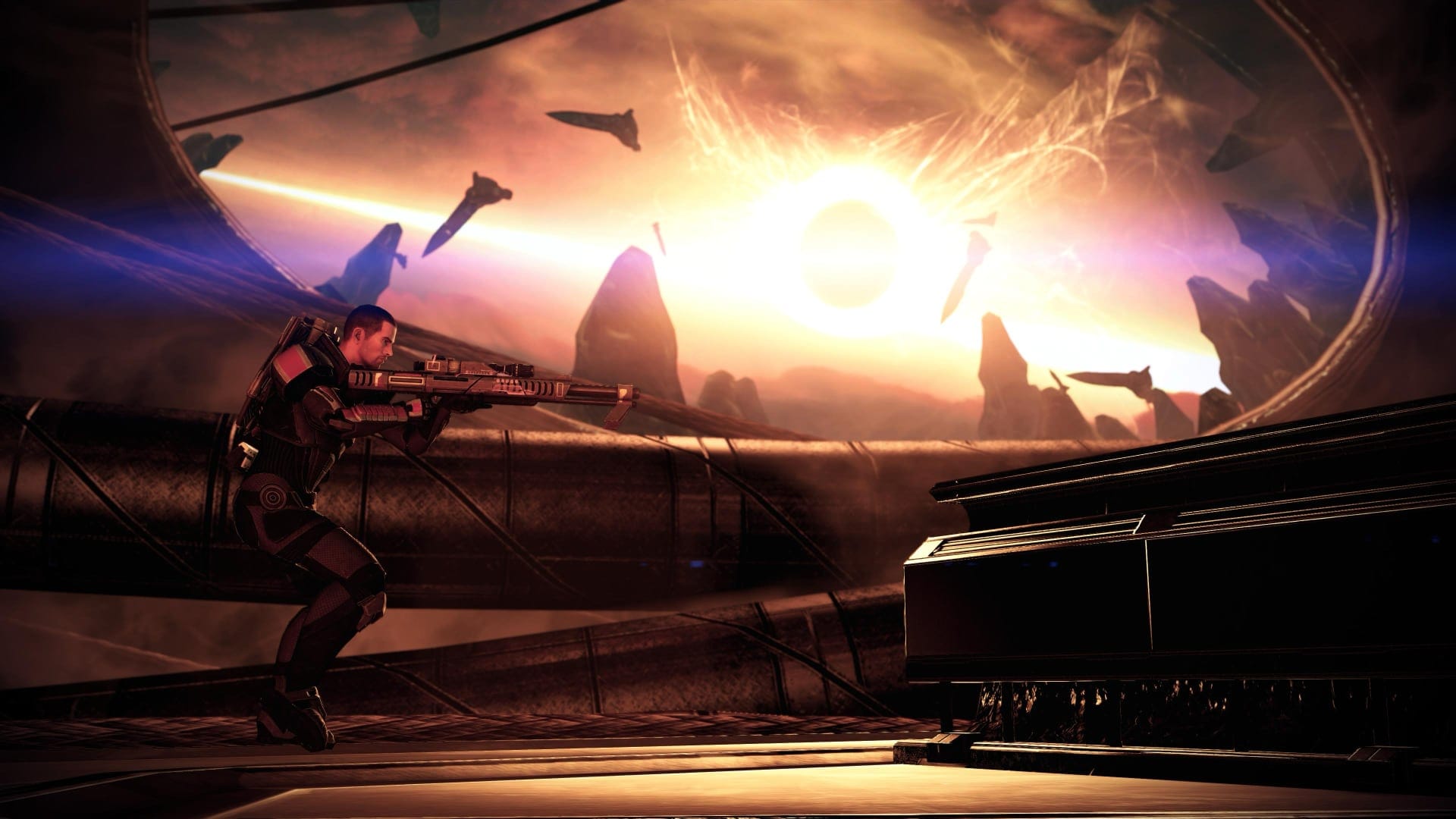
Mass Effect 2 does away with all that. The stats are simpler and there are far fewer weapons. But Mass Effect 2 is widely, and rightfully, seen as the better game. I miss the nerdy RPG parts of the original, but the sequel understood that what Mass Effect was really about was the story and the gunplay. The team doubled down on those areas and invested their time into getting them absolutely right. It came at the expense of parts that I enjoyed, but I can’t argue with the results: Mass Effect 2 is widely critically acclaimed and one of my personal favorites.
And I think the Mass Effect 2 approach is what Z-A is going for. I’m not sure it entirely works, because I really love the catching mechanics of Arceus and feel like that’s more compelling than the new battles. But I appreciate what they’re trying to achieve.
Ultimately, it’s a question of focus. Pokémon Legends: Z-A wants to showcase a fresh new take on Pokémon battles. I just can’t help but mourn that it had to come at the expense of something I loved.



